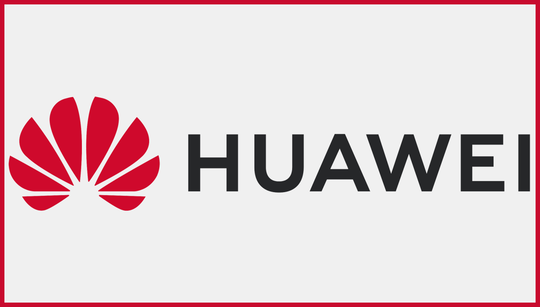Huawei Secretly Builds Fab Network in China
Huawei has built a secret fab network in China, likely to enable the smartphone maker to evade U.S. sanctions on the procurement of chips from external parties. The move aligns with China’s ambition to become self-sufficient in semiconductors, and it could give Huawei a leg up in the global race for leading-edge Chip Manufacturing.
The Chinese company likely has a steady supply of chips for its various applications, but it can’t produce PCs, smartphones, and servers with cutting-edge chips at the new fabs. However, it can easily acquire commodity chips without U.S. restrictions. Huawei likely won’t be able to produce chips at the fabs that match the likes of TSMC, but it can get the job done while it works on other solutions.
Huawei’s secret fab network was uncovered by research conducted by Bernstein Research, as reported by Bloomberg. The research firm says that the company has built five new fabs that are part of a larger network of facilities.
Bernstein Research found that the fabs are owned by different companies, potentially to avoid scrutiny. It’s unclear whether the fabs are producing chips for consumer products.
“We believe that Huawei is pursuing a broad, systematic strategy to build this network,” Bernstein Research says. “It is unclear whether the strategy is driven by the company or by the Chinese government.”
The firm believes that Huawei has acquired fabrication facilities and is also assisting in the construction of other fabs, which will be operated by different entities. China reportedly plans to invest over $100 billion in chip-making facilities by the end of the decade.
China is aiming to dominate over half of the world’s production capacity for older-generation chips. However, it could take decades for Chinese firms like Huawei potentially gaining access to advanced chip manufacturing.
Some have already raised concerns over Huawei potentially benefiting from leading-edge chip production. Such access would render international sanctions obsolete, and it could give China an edge over its rivals.
While it’s true that it could take decades for Chinese companies to reach leading-edge chip production using domestic equipment, it mirrors the success stories of TSMC and Samsung. Both companies started out as foundries, and they now lead the industry.
If you’d like to learn more about the chip manufacturing process, we’ve got you covered. Check out our guide to the chips found in gaming PCs.















